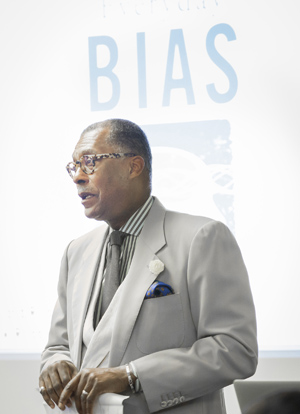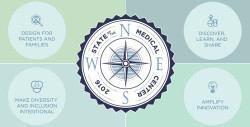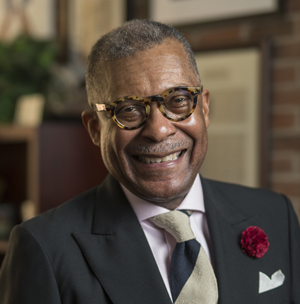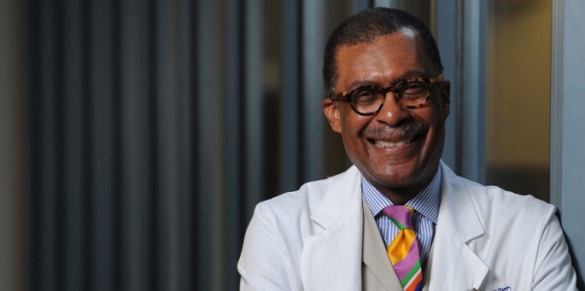Vanderbilt University Medical Center (VUMC), in conjunction with the consulting firm Cook Ross Inc., held a four-day Unconscious Bias Train-the-Trainer Program at Scarritt Bennett Center last week.
André Churchwell, M.D., Senior Associate Dean for Diversity Affairs and Chief Diversity Officer for VUMC, welcomed the attendees on the first day — 13 from VUMC, including faculty members, Nursing and Human Resources leaders — and eight from outside academic institutions.

One of VUMC’s four Strategic Directions is to make Diversity and Inclusion Intentional. Socioeconomic, racial and gender disparities in access to health care are growing. To counter, VUMC must become more diverse and more representative of the patients it takes care of, and more intentional in its efforts for inclusion. Unconscious bias training will help the Medical Center combat bias to deliver the best care for all patients.
Unconscious bias stems from automatic decisions that we make about others based on differences and the impact that this has on our personal and professional lives including hiring, performance management, succession planning and strategic decisions in organizations.
“This program is part of a global plan to eventually provide unconscious bias training for all of VUMC,” Churchwell said. “This will begin in earnest sometime in the late spring 2018, after the roll out of EpicLeap.”
The Unconscious Bias Train-the-Trainer Program provided a hands-on experience that prepares participants to deliver a workshop to colleagues that explores how unconscious biases develop, how they influence perceptions and decision making and how to mitigate these effects.
“The importance of this cannot be minimized. If you’re building diversity inclusion in your school, you have to ‘hardwire’ this in first,” Chuchwell said. “You may have a diverse faculty, diverse student body and a diverse staff, but if they are not intentionally included in committees and teams, you will not realize the great benefit of their cognitive diversity.”
The team leaders of this process, spearheaded by the VUMC Office of Diversity Affairs, include Arie Nettles, Ph.D., director of the Office of Inclusion and Health Equity, Cory Colton, executive director of Learning Operations, and Bonnie Miller, M.D., MMHC, senior associate dean of Health Sciences Education and Executive Vice President Educational Affairs, VUMC.
The Association of American Medical Colleges (AAMC) works with Cook Ross to organize unconscious bias training for medical centers across the country.
According to the AAMC, unconscious biases can compromise diversity and inclusion efforts in admissions, curriculum development, counseling and faculty advising, among other functions at academic medical centers. Bias also has implications in job settings in the way that staff hire, manage and interact with one another. By learning how to identify and confront unconscious bias, it is possible to mitigate the impact and promote respect for all groups.
Last week’s workshop was a follow-up to a one-day course held in August for School of Medicine deans and department chairs. A large group of senior leaders have also gone through the course, in an effort to learn more about bias in the workplace.
The AAMC’s Liaison Committee on Medical Education made such courses a part of the accrediting standard for cultural competence and health care disparities. The rationale for the requirement stated that medical schools must provide “opportunities for medical students to learn to recognize and appropriately address gender and cultural biases in themselves, in others and in the health care delivery process.”















